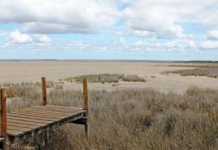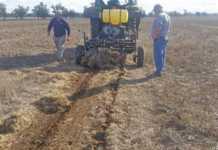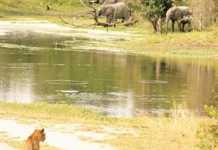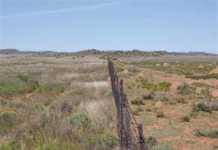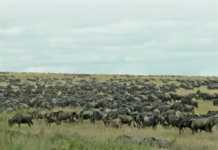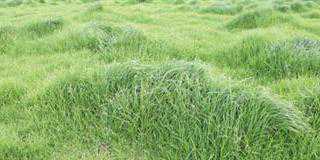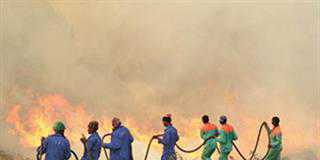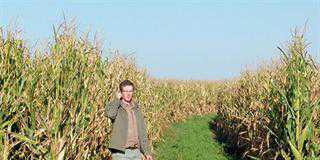Are you a ‘farming scientist’? To all those shaking their heads right now I have to tell you that you aren’t thinking correctly – and this is costing you dearly. Please don’t turn the page yet – stick with me and let me get you started on a new phase of success in your own farming operation.
I’ve often told farmer groups that the best agricultural scientists make their living out of farming. Said in another way, all the top-notch farmers in South Africa are great scientists. Sadly these emphatic statements of truth don’t hit home. The response has invariably been blank stares. Let me try again.
Observant
I was encouraged to persist when I read the foreword to Andre Voisin’s Soil Grass and Cancer, first published in 1959. It was written by Dr Allan Fraser of the University of Aberdeen. Voisin was undoubtedly the greatest pasture scientist of the previous century – his principles of pasture management still stand today. He was also a farmer. “It seems to me that Voisin’s general approach to all biological problems is that of an intelligent and observant farmer,” writes Dr Fraser.
Note those words ‘intelligent’ and ‘observant’. And the fact that most farmers do not think of themselves as scientists can surely be attributed to their lack of understanding of the word ‘science’. What is science? I asked the former dean of the faculty of agriculture of the University of Pretoria, Prof Theunis Erasmus, for a definition. This is what he says:
“Science is the body of knowledge that gives us an idea of how the world works. Some of this knowledge has been derived from formal research by trained scientists. It is important, however, to recognise the fact that the origin of a lot of agricultural science can be traced back to the experience of ordinary but observant farmers.
“Moreover, a lot of this knowledge has been proven to be sound. Farming practices – the science of farming – all started in this way. “For example, plant and animal breeding were successfully practised a few thousand years before the genetics of breeding was understood. Modern agricultural science is a recent development that assists us in explaining and improving these selection practices.
“Thus, over time, scientists have discovered through research the explanations underpinning the observed phenomena. Through understanding the mechanisms behind certain practices, they have improved or rejected them. “It must also be noted that science is constantly on the move. New concepts will replace existing knowledge. Observant farmers will often come up with new insights that can replace existing knowledge.”
Originators
My own experience confirms what Prof Erasmus says. Top farmers are often at the forefront of developing new and more profitable agricultural practices. The ‘formal scientist’ then steps in and makes a significant contribution to the body of knowledge by explaining the mechanisms of these practices. A classic example springs to mind. It’s the story of how Jack Human changed the face of agriculture in the Southern Cape.
As I see it, he’s a scientist par excellence. I know his story has been repeated time and again, but it bears repeating. Biological farmers must start seeing themselves as the originators of new agricultural knowledge – they must hone their observational and scientific skills. Therefore I will go over Jack’s story once again next time round. The question I’ll close with is – who will help you progress in your body of biological farming knowledge if you don’t do it yourself? As you well know, support from the traditional scientific institutions is dwindling by the day.
John Fair is a leading expert on pastures and founder and head of the SA Biofarm Institute in Harrismith. Contact John on 058 622 3585 or at [email protected]. Please state ‘Biological farming’ in the subject line of your email.

